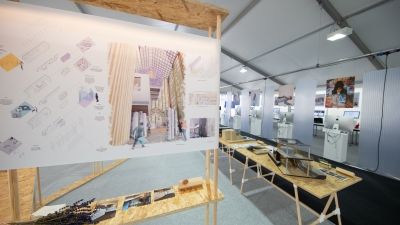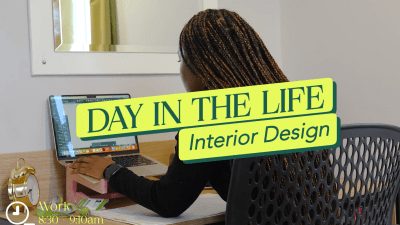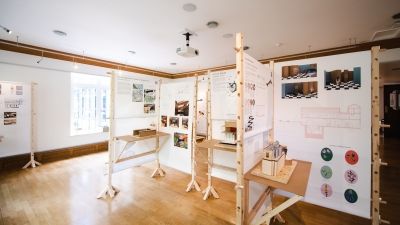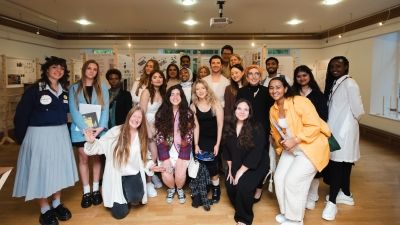Overview
Good design can positively affect our everyday lives and can be of vital importance in creating a better, more sustainable future for all. This degree teaches you the importance of location, context and client – preparing you for a fast-paced, professional career in interior design.
Examining both public and private spaces, you’ll learn how new designs are created in response to the purpose of a space and the needs of its user – going beyond aesthetics to consider history, location, functionality and environmental impact. You'll develop your own approach and learn to create spaces that improve the lives of those who use them.
First, you'll experiment with adapting existing spaces. Then you'll create chic, modern, sustainable spaces from scratch – translating ideas into sketches, CAD drawings and 3D models, and communicating them via presentations, pitches and portfolios. You'll learn how to read briefs, cost and manage projects, and inspire clients by developing a strong narrative – ensuring they're on board with your concept and feel comfortable paying.
Your hard work culminates in a final design show, where you'll showcase your work to an audience including press and industry professionals – view this year's portfolios.
On campus, access:
- Design studios and workshops
- Mac and PC labs with industry software
- Professional photography studios
- AutoCAD lab with plotter
As you learn, you'll enhance your creativity, confidence, skillset, capacity for innovation and future potential – ready for employment.
Study in London – the UK's design capital
London is home to some of the industry’s most important brands, agencies, designers and events. You'll be well placed to draw inspiration from its history and architecture, and get involved with a variety of collaborations and events. At Regent's, your studies will be enhanced by:
Trips to museums, exhibitions, festivals:
- London Design Festival
- London Festival of Architecture and Design
- London Design Biennale
- Frieze Fair London
Live projects with local communities:
- Margate School
- Camden Council community space
- Pirate Castle community space
- ZSL – London Zoo
- Marylebone Parish Crypt
- Centrepoint – MICA architects
Guest lectures from industry names:
- Asad Studio
- Sonja Vodusek, The Peninsula London
- Mobile Studio Architects
Foundation year
In your Foundation year, you'll gain a solid grounding in academic skills and principles, as well as an introduction to your chosen subject area. It will provide a rich and varied experience to ensure you’re prepared for degree-level study in the UK – ready to develop specialist knowledge and confidently make the most of your course.
Some modules will be taken with students heading towards the same or related subject areas, while others will be taken with a blend of students – enabling you to mix with peers who bring a range of different perspectives and experiences to the classroom. You’ll take two modules related to your subject area and eight shared modules covering key skills like communication, critical thinking, cultural understanding, politics, data, creativity and entrepreneurship.
Once you’ve successfully completed your Foundation year, you’ll directly progress to Year 1 of your chosen degree-level course.
Download course specification.














